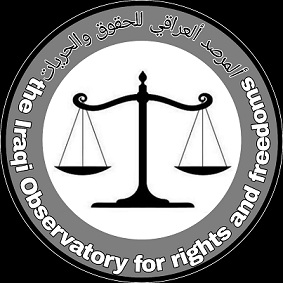
Adil kuzay
The relationship between Iran-backed armed factions and the Iraqi government is complex and deeply intertwined with regional geopolitics. These factions, many of which are part of the Popular Mobilization Forces (PMF) or Hashd al-Shaabi, were initially formed to combat ISIS and have since gained significant influence within Iraq. While the PMF is officially part of Iraq’s security apparatus, many of its units have direct ties to Iran, both ideologically and logistically.
Key Points of the Relationship:
1. Iran’s Influence: Many of these militias receive training, funding, and support from Iran, particularly through the Islamic Revolutionary Guard Corps (IRGC). Iran’s goal is to maintain strong influence in Iraq as part of its broader strategy to expand its power in the region and counter U.S. and other regional powers.
2. Integration into the Iraqi State: Following their crucial role in fighting ISIS, the PMF was officially incorporated into Iraq’s security forces by government decree. However, many of the factions maintain significant autonomy and continue to operate in parallel with the Iraqi army, often acting in accordance with Iran’s interests rather than Baghdad’s.
3. Support from the Iraqi Government: The Iraqi government provides financial support and legal legitimacy to these factions. PMF fighters are officially paid by the state, and their camps and offices operate with government approval. This relationship is often seen as a way for the government to maintain stability, given the PMF’s military strength and political influence.
4. Challenges to Iraqi Sovereignty: Critics argue that the presence of these militias undermines Iraq’s sovereignty and weakens the central government. Some factions have been accused of engaging in sectarian violence, targeting Sunni populations, and operating outside of the law, contributing to tensions within the country.
5. Government’s Dilemma: The Iraqi government faces a difficult balancing act. On the one hand, it relies on these factions for internal security and political stability, while on the other, it must contend with pressure from other international players, including the U.S., to limit Iranian influence and control over these groups.
In summary, the relationship between the Iranian-backed militias and the Iraqi government is shaped by the complex interplay of security, politics, and regional alliances. These factions are officially part of Iraq’s security forces, but their strong ties to Iran and their autonomous actions create tensions both within Iraq and with other international powers.



